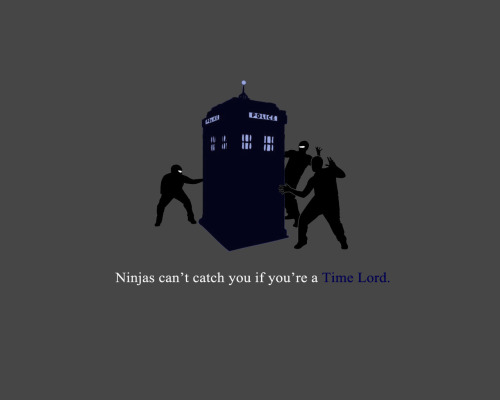It's best to let the system manage things, here's why:
Activities
Android apps use activites to preform tasks. For example, if you use a file manager to send a picture via email, the file manager calls the send activity within an email app, passes the file name to it and the email app sends the picture.. not the file manager. This will result in seeing the email app as "running" even though the user didn't actually launch that email app.
Smaller apps
Using activites helps developers design smaller apps. A file manager app that contains every bit of code needed to do everything a file manager does would likely be so large that no one would want to install it. Developers know that an android phone more than likely has an email app so there is no need for the developer to include email code in his/her file manager to send a picture when he/she can call an activity in an existing email app to do the job. This results in a smaller file manager app since there is no need to include email code or any other code for an activity that can be done via an app that is already present on the phone. This also alleviates redundant code. When you install an app outside of the android market, also known as sideloading, the file manager app calls the package installer (already present in Android) to install the requested app.
Running apps vs. cached apps
The "Manage Applications" list included in many android devices lists running apps as well as cached apps. Cached apps don't use any CPU or battery, they're cached so they will load faster the next time you need them. Killing cached apps results in those apps requiring more time to load the next time they are launched.
System management
By default, every android application runs in its own Linux process. Android starts the process when any of the application’s code (activities) needs to be executed, and shuts down the process when it’s no longer needed and system resources are required by other applications.
* Android is hard coded to automatically kill a task when more memory is needed.
* Android is hard coded to automatically kill a task when it’s done doing what it needs to do.
* Android is hard coded to automatically kill a task when you haven’t returned to it in a long time.
* Most services (while possibly running in the background) use very little memory when not actively doing something.
* A content provider is only doing something when there is a notification for it to give. Otherwise it uses very little memory.
* Killing a process when it isn’t ready only causes it to have to reload itself and start from scratch when it’s needed again.
* Because a task is likely running in the background for a reason, killing it will only cause it to re-spawn as soon as the activity that was using it looks for it again. And it will just have to start over again.
* Killing certain processes can have undesirable side effects. Not receiving text messages, alarms not going off, and force closes just to name a few.
* The only true way to prevent something from running at all on your phone would be to uninstall the .apk.
* Most applications will exit themselves if you get out of it by hitting “back” until it closes rather than hitting the “home” button. But even with hitting home, Android will eventually kill it once it’s been in the background for a while.
If you see an app running that you didn't launch, it's most likely because an activity within that app was called by another app to perform a task. If you kill the app you didn't launch, the system has to relaunch that app in order to complete its task. This is why some people kill a task and then see it immediately running again. Constantly killing that app creates a situation where the user is battling the system resulting in wasted system resources.
Android is Linux
Android is not a Windows-based OS, it is based on Linux. Many of the apps you think are running aren't actually running, they're cached, this is typical with a Linux operating system and is much more efficient than other systems. Cached apps don't use any CPU or battery, they're cached and will load faster the next time they're needed.
I hope this post will shed some light on task killers.

 and that has a 1.2 ghz CPU
and that has a 1.2 ghz CPU








